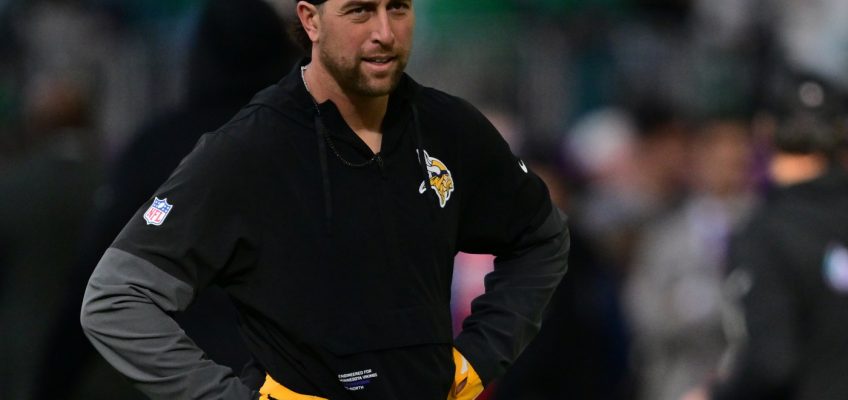NEW YORK (AP) — Starbucks will pay about $35 million to more than 15,000 New York City workers to settle claims it denied them stable schedules and arbitrarily cut their hours, city officials announced Monday.
The company will also pay $3.4 million in civil penalties under the agreement with the city’s Department of Consumer and Worker Protection. It also agrees to comply with the city’s Fair Workweek law going forward.
Related Articles
What is GivingTuesday? How to donate on the annual day of charitable giving
Bitcoin dips below $85,000 in cryptocurrency rout
When formal systems stop working, neighbors turn to each other in what many call ‘mutual aid’
Minnesota’s European trade mission addresses tariffs, relationships
Tumbling crypto stocks threaten end to Wall Street’s 5-day winning streak
A company spokeswoman said Starbucks is committed to operating responsibly and in compliance with all applicable local laws and regulations in every market where it does business, but also noted the complexities of the city’s law.
“This (law) is notoriously challenging to manage and this isn’t just Starbucks issue, nearly every retailer in the city faces these roadblocks,” spokeswoman Jaci Anderson said.
Most of the affected employees who held hourly positions will receive $50 for each week worked from July 2021 through July 2024, the department said. Workers who experienced a violation after that may be eligible for compensation by filing a complaint with the department.
The $38.9 million settlement also guarantees employees laid off during recent store closings in the city will get the chance for reinstatement at other company locations.
The city began investigating in 2022 after receiving dozens of worker complaints against several Starbucks locations, and eventually expanded its investigation to the hundreds of stores in the city. The probe found most Starbucks employees never got regular schedules and the company routinely reduced employees’ hours by more than 15%, making it difficult for staffers to know their regular weekly earnings and plan other commitments, such as child care, education or other jobs.
The company also routinely denied workers the chance to pick up extra shifts, leaving them involuntarily in part-time status, according to the city.
The agreement with New York comes as Starbucks’ union continues a nationwide strike at dozens of locations that began last month. The number of affected stores and the strike’s impact remain in dispute by the two sides.



